


 Source: Australian War Memorial, London
Source: Australian War Memorial, London
World War I is often seen as the moment that Australian came into its own as a nation, with our newly federated nation going through what has been called a "baptism of fire". World War I, also known as the Great War, was the single largest loss of life experienced globally at that time, and had huge ramifications across the world. Read through the resources below and click through the tabs at the top of the page to learn more about World War I and Australia's role.
Australia’s involvement in the First World War began when Britain and Germany went to war on 4 August 1914, and both Prime Minister Joseph Cook and Opposition Leader Andrew Fisher, who were in the midst of an election campaign, pledged full support for Britain. The outbreak of war was greeted in Australia, as in many other places, with great enthusiasm. Read through this resource to learn more.
At the end of June 1914, Australians read in their newspapers about the political assassination of an heir to a European throne. The murder increased existing tensions between the mighty empires of Europe. It set in train a series of events that led to war. German troops entered Belgium in August. Then the United Kingdom declared war on Germany. As a dominion of the British Empire, Australia willingly joined the war. Read through this website to learn more.
On 4 August 1914, the British Empire declared war on Germany and her allies. The outbreak of war was greeted with great enthusiasm in Australia, which at the time was still a young nation, and the government of Prime Minister Andrew Fisher pledged his country’s full support to Britain, the mother country. Read through this website for a short summary of Australia's involvement in WWI.
Australia was in the middle of a double-dissolution election when Britain declared war against Germany in August 1914. With Britain now at war, all dominions of the British Empire were also at war with Germany — including Australia. The Prime Minister, Joseph Cook as well as opposition leader, Andrew Fisher — who would win the election and become the Prime Minister — both pledged Australia’s full support. The campaign to recruit volunteers for the Australian Imperial Force began straightaway. Read through this website to learn more and find useful resources.
World War I was Australia's first major military conflict and is often called our 'baptism by fire'. Most Australians thought the war would be over quickly and that soldiering would be a chance to see the world and make England proud of her colony. The cruel reality of the war was brought home by soldiers who wrote about their experiences. Read through this website to learn more and find useful resources.
The National Archives holds records of Australian servicemen and women from World War I. Find service records for the following groups:
They also have over 500 photos of World War I servicemen.
A guide to WWI battlefields and history of the First World War. This site provides an overview of the First World War battlefields on the Western Front by showing you where they are and what you can see there today.
This website provides a wonderful array of materials, including actual footage, discussion papers, interactive maps and other resources. It also includes good information about the campaigns and battles of World War I.
A multimedia history of World War that is easy to navigate, and contains helpful sub-sections such as propaganda posters from a range of combatant nations, in-depth articles and vintage photographs.
This archive of primary documents from World War One has been assembled by volunteers of the World War I Military History List (WWI-L). International in focus, the archive intends to present in one location primary documents concerning the Great War. This is a great place to find primary sources.
On August 4, 1914, German troops began pouring over the border into Belgium, starting the first major battle of World War I. The Great War killed 10 million people, redrew the map of Europe, and marked the rise of the United States as a global power. Here are 40 maps that explain the conflict — why it started, how the Allies won, and why the world has never been the same.
This archive brings together material contributed by the public, national library collections, and film archives to offer a unique perspective of the First World War, showing it from every side of the battle lines and with insights from every point of view.
Newspaper clippings from the 400-volume, World War History: Daily Records and Comments as Appeared in American and Foreign Newspapers, 1914-1926. The clippings yield significant information about the political, social, cultural, and economic impact of the war as it is taking place and its aftermath....and contain war-related editorials, features, cartoons, photos, maps, and more.

Allies: a coalition of countries led by France, Britain, Russia, Italy, Japan, and the United States against the Central Powers of Germany, Austria-Hungary, the Ottoman Empire, Bulgaria, and their colonies during the First World War (1914–1918).
Archduke Ferdinand: archduke of Austria and heir apparent to Francis Joseph I; his assassination at Sarajevo triggered the outbreak of World War I.
Armistice: an agreement made by opposing sides in a war to stop fighting for a certain time; a truce.
ANZAC: a soldier in the Australian and New Zealand Army Corps (1914–18).
Artillery: large-calibre guns used in warfare on land.
Australian Light Horse: mounted troops with characteristics of both cavalry and mounted infantry, who served in the Second Boer War and World War I.
Black Hand: a secret military society formed in 1901 by officers in the Army of the Kingdom of Serbia.
Censorship: the suppression or prohibition of any parts of books, films, news, etc. that are considered obscene, politically unacceptable, or a threat to security.
Central Powers: one of the two main coalitions that fought World War I. It consisted of German Empire, Austria-Hungary, the Ottoman Empire and Kingdom of Bulgaria and was also known as the Quadruple Alliance.
Conscription: compulsory enlistment for state service, typically into the armed forces.
Contraband: any item that is illegal to be possessed or sold.
Convoy: a group of ships or vehicles travelling together, typically one accompanied by armed troops, warships, or other vehicles for protection.
Dardanelles: a narrow, natural strait and internationally significant waterway in northwestern Turkey that forms part of the continental boundary between Asia and Europe and separates Asian Turkey from European Turkey. Together with the Bosphorus, the Dardanelles forms the Turkish Straits.
Digger: a military slang term for soldiers from Australia and New Zealand.
Enlist: enrol or be enrolled in the armed services.
Espionage: the practice of spying or of using spies, typically by governments to obtain political and military information.
Fourteen Points: a declaration by U.S. President Woodrow Wilson during World War I outlining his proposals for a postwar peace settlement.
Gallipoli: a military campaign in the First World War that took place on the Gallipoli peninsula, from 17 February 1915 to 9 January 1916. The Entente powers, Britain, France and Russia, sought to weaken the Ottoman Empire, one of the Central Powers, by taking control of the Turkish straits.
Home front: the civilian population and activities of a nation whose armed forces are engaged in war abroad.
Imperialism: a policy of extending a country's power and influence through colonization, use of military force, or other means.
League of Nations: the first worldwide intergovernmental organisation whose principal mission was to maintain world peace. It was founded on 10 January 1920 by the Paris Peace Conference that ended the First World War.
Lone Pine: the Battle of Lone Pine was fought between Australian and New Zealand Army Corps and Ottoman Empire forces during the Gallipoli Campaign of the First World War, between 6 and 10 August 1915.
Militarism: the belief that a country should maintain a strong military capability and be prepared to use it aggressively to defend or promote national interests.
Nationalism: ideology based on the idea that the individual's loyalty and devotion to the nation-state surpass other individual or group interests.
Neutral: the formal position taken by a State which is not participating in an armed conflict or which does not want to become involved.
No Man's Land: the narrow, muddy, treeless stretch of land, characterized by numerous shell holes, that separated German and Allied trenches during the First World War. Being in No Man's Land was considered very dangerous since it offered little or no protection for soldiers.
Passchendaele: The Third Battle of Ypres also known as the Battle of Passchendaele was a campaign of the First World War, fought by the Allies against the German Empire.
Propaganda: information, ideas, or rumors deliberately spread widely to help or harm a person, group, movement, institution, nation, etc.
Referendum: a general vote by the electorate on a single political question which has been referred to them for a direct decision.
Reparation: a levy on a defeated country forcing it to pay some of the war costs of the winning countries.
Schlieffen Plan: battle plan first proposed in 1905 by Alfred, Graf (count) von Schlieffen, chief of the German general staff, that was designed to allow Germany to wage a successful two-front war.
Self-determination: the process by which a country determines its own statehood and forms its own government.
Shell shock: a term coined in World War I by British psychologist Charles Samuel Myers to describe the type of post traumatic stress disorder many soldiers were afflicted with during the war (before PTSD was termed). It is a reaction to the intensity of the bombardment and fighting that produced a helplessness appearing variously as panic and being scared, flight, or an inability to reason, sleep, walk or talk.
Somme: the Battle of the Somme, also known as the Somme offensive, was a battle of the First World War fought by the armies of the British Empire and French Third Republic against the German Empire. It took place between 1 July and 18 November 1916 on both sides of the upper reaches of the Somme, a river in France.
Stalemate: a deadlock, an unresolved situation which no one can win.
Tanks: a heavy armoured fighting vehicle carrying guns and moving on a continuous articulated metal track.
Treaty: a formally concluded and ratified agreement between states.
Treaty of Versailles: the treaty that officially ended World War I, signed at the Palace of Versailles in France.
Trenches: long, deep ditches dug as protective defenses.
Trench foot: a painful condition of the feet caused by long immersion in cold water or mud and marked by blackening and death of surface tissue.
Trench warfare: a type of combat in which opposing troops fight from trenches facing each other.
Triple Alliance: an agreement between Germany, Austria-Hungary, and Italy. It was formed on 20 May 1882 and renewed periodically until it expired in 1915 during World War I.
U-Boat: a German submarine used in the First or Second World War.
Victory garden: a vegetable garden, especially a home garden, cultivated to increase food production during a war or period of shortages.
Villers-Bretonneux: a town in the Somme department in Hauts-de-France in northern France. In the First World War the town was the site of the First Battle of Villers-Bretonneux and Second Battle of Villers-Bretonneux. The first tank-against-tank combat in history took place here on 24 April 1918.
Ypres: is a Belgian city and municipality in the province of West Flanders. During the First World War, Ypres (or "Wipers" as it was commonly known by the British troops) was the centre of the Battles of Ypres between German and Allied forces.

 |
Battles of the First World WarThe Battles of the First World War Podcast is a podcast that looks to go in-depth into the battles of the Great War of 1914-1918. The goal is to really go into the details of how and why these battles unfolded and happened as they did. In telling the narrative of these clashes we can revisit some of the stories of the men and women who lived, fought, and died during the first titanic struggle of the 20th Century, for these people have stories that deserve to be told. |
 |
The Old Front LineWalk the battlefields of the First World War with Military Historian, Paul Reed. In these podcasts, Paul brings together over 35 years of studying the Great War, from the stories of veterans he interviewed, to when he spent more than a decade living on the Old Front Line in the heart of the Somme battlefields. |
 |
World War I PodcastWorld War I created many of the political, cultural, and economic fault lines of the world today. Produced by the MacArthur Memorial, this podcast explores the causes, the major players, the battles, the technology, and the popular culture of World War I. |
Mentioned in DispatchesA podcast on all aspects of the Great War from the UK's leading First World War history society The Western Front Association. |
|
 |
WW1 Digger History PodcastWWI Digger Stories Podcast reproduces the diaries, memoirs and letters of the real participants in the war that changed the course of the 20th Century. What was it like to be in the trenches, on the ships or behind the big guns where death stalked in infinite ways and it was impossible to make friends unless you were prepared to lose them at any moment. |
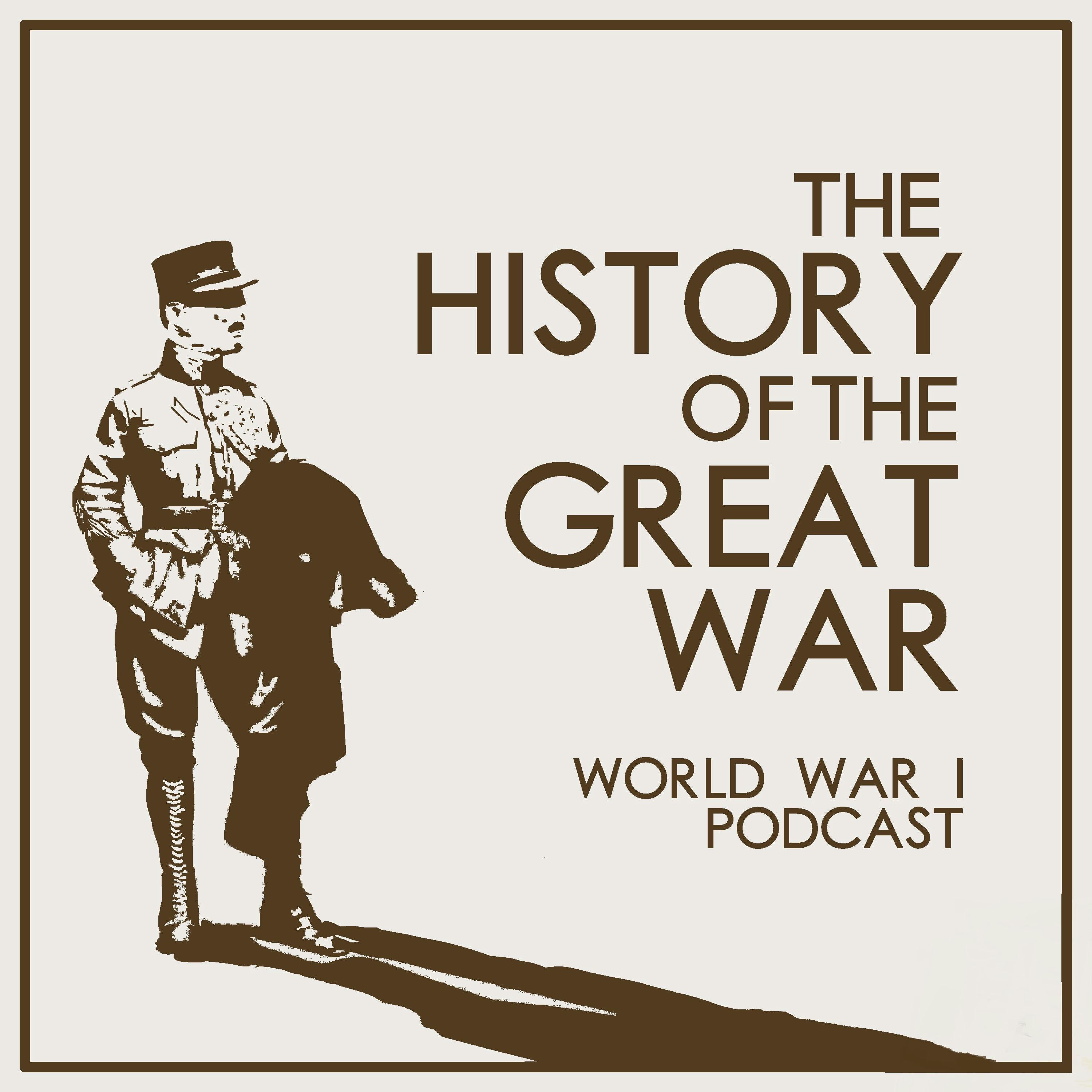 |
History of the Great WarHistory of the Great War is a weekly podcast that covers the First World War that occurred from 1914 and 1918. |
The Great War podcastA chronological look at the origins and battles of the First World War from 1890-1920. |
|
 |
Key Battles of World War OneWorld War One is the watershed moment in modern history. In this series, history professors Scott Rank and James Early look at the 10 key battles that determined the outcome of the war between the Central Powers (Germany, Austria-Hungary, the Ottoman Empire) and the Allies (Britain, France, Russia, United States). |
 |
Fix Bayonets!A show that intends to share the story of the First World War in a way that is unlike any before - from three very important perspectives: bird's eye, ground level, and perhaps most importantly... human. |
Voices of the First World WarDan Snow brings together the sound archive collections of the Imperial War Museums and the BBC to tell the story of World War I through the voices of those who were. |
|
 |
Collected: Stories from the Australian War MemorialCollected is a podcast series exploring the artefacts that make up the National Collection of the Australian War Memorial. Join journalist Louise Maher as she takes a closer look at the obscure, popular, strange, and wonderful items in the collection. Through conversations with historians and curators, and first-hand accounts from the people connected with these artefacts, Maher peels back the layers of history and uncovers the stories that the public don’t always get to hear. |


 Another mouth to feed : children in war & depression 1900-1945
by
Another mouth to feed : children in war & depression 1900-1945
by
 ANZACS : the pain and the glory of Gallipoli
by
ANZACS : the pain and the glory of Gallipoli
by
 Armistice
by
Armistice
by
 Australia and the First World War, 1914-18
by
Australia and the First World War, 1914-18
by
 The Australian Light Horse
by
The Australian Light Horse
by
 Australian women at war
by
Australian women at war
by
 Australians at home : World War I
by
Australians at home : World War I
by
 Australians at war : the illustrated history
by
Australians at war : the illustrated history
by
 Australians in the First World War
by
Australians in the First World War
by
 Australians on the Western Front
by
Australians on the Western Front
by
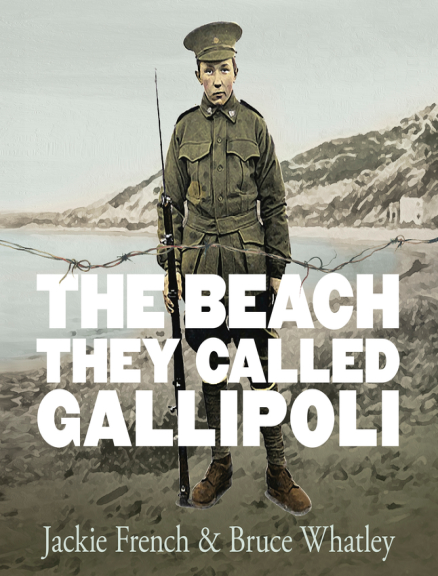 The beach they called Gallipoli
by
The beach they called Gallipoli
by
 The broken years : Australian soldiers in the Great War
by
The broken years : Australian soldiers in the Great War
by
 Brothers at war : a first world war family history
by
Brothers at war : a first world war family history
by
 Devotion : stories of Australia's wartime nurses
by
Devotion : stories of Australia's wartime nurses
by
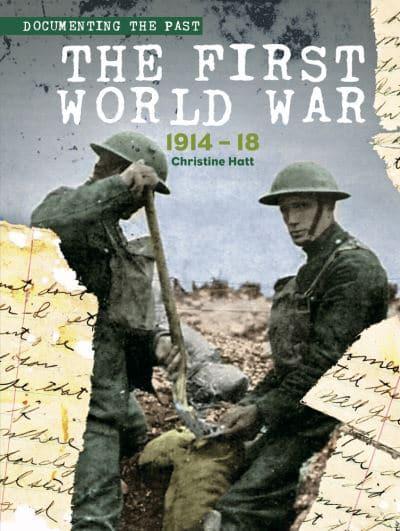 The First World War 1914-18
by
The First World War 1914-18
by
 First World War
by
First World War
by
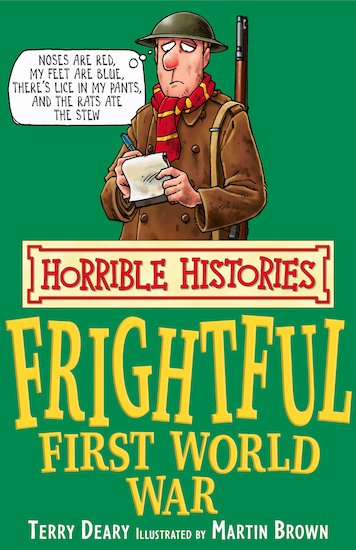 Frightful first World War
by
Frightful first World War
by
 Fromelles : Australia's bloodiest day at war
by
Fromelles : Australia's bloodiest day at war
by
 Gallipoli
by
Gallipoli
by
 Gallipoli
by
Gallipoli
by
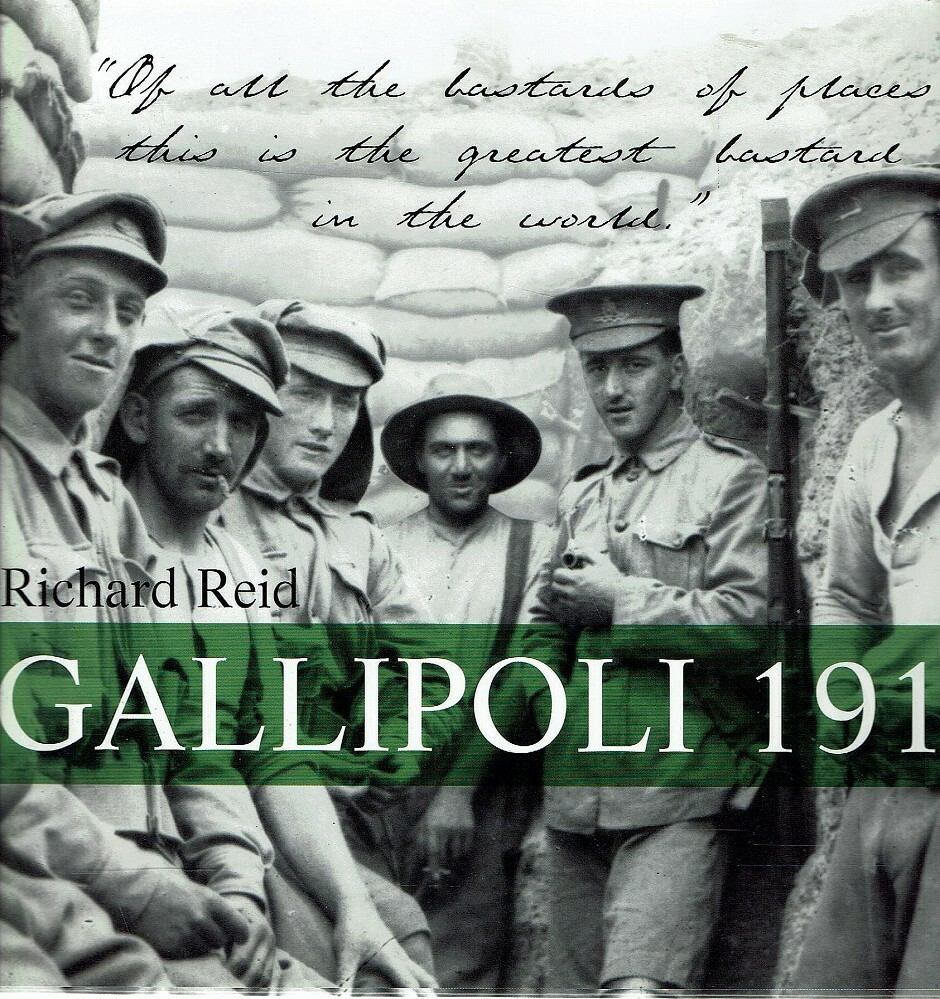 Gallipoli 1915
by
Gallipoli 1915
by
 Gallipoli and the Middle East, 1915-18
by
Gallipoli and the Middle East, 1915-18
by
 Gallipoli diaries : the Anzac's own story day by day
by
Gallipoli diaries : the Anzac's own story day by day
by
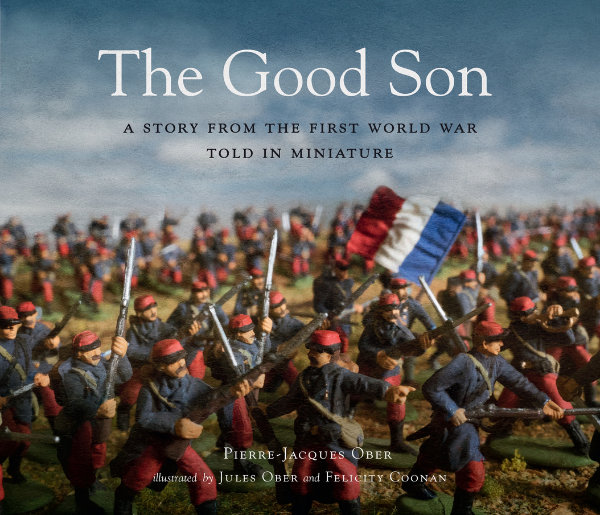 The good son : a story from the First World War, told in miniature
by
The good son : a story from the First World War, told in miniature
by
 Home front
by
Home front
by
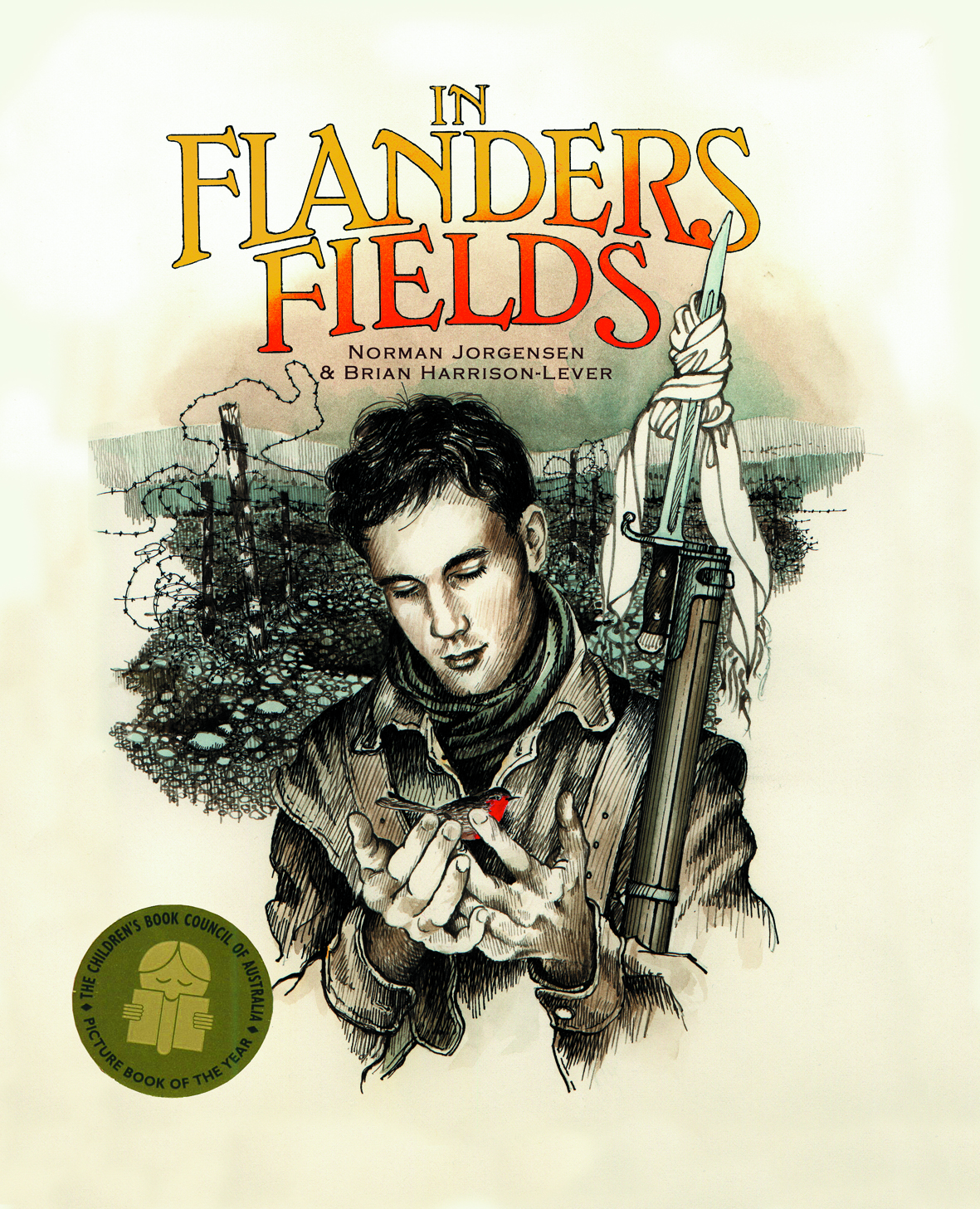 In Flanders fields
by
In Flanders fields
by
 John Simpson Kirkpatrick
by
John Simpson Kirkpatrick
by
 Living through World War I
by
Living through World War I
by
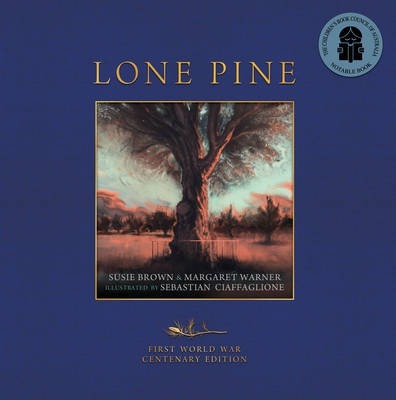 Lone Pine
by
Lone Pine
by
 The lost diggers
by
The lost diggers
by
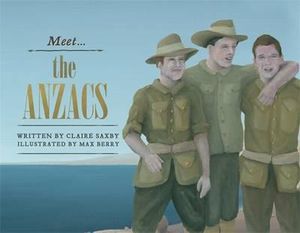 Meet the ANZACs
by
Meet the ANZACs
by
 My first world war
by
My first world war
by
 My mother's eyes : the story of a boy soldier
by
My mother's eyes : the story of a boy soldier
by
 One minute's silence
by
One minute's silence
by
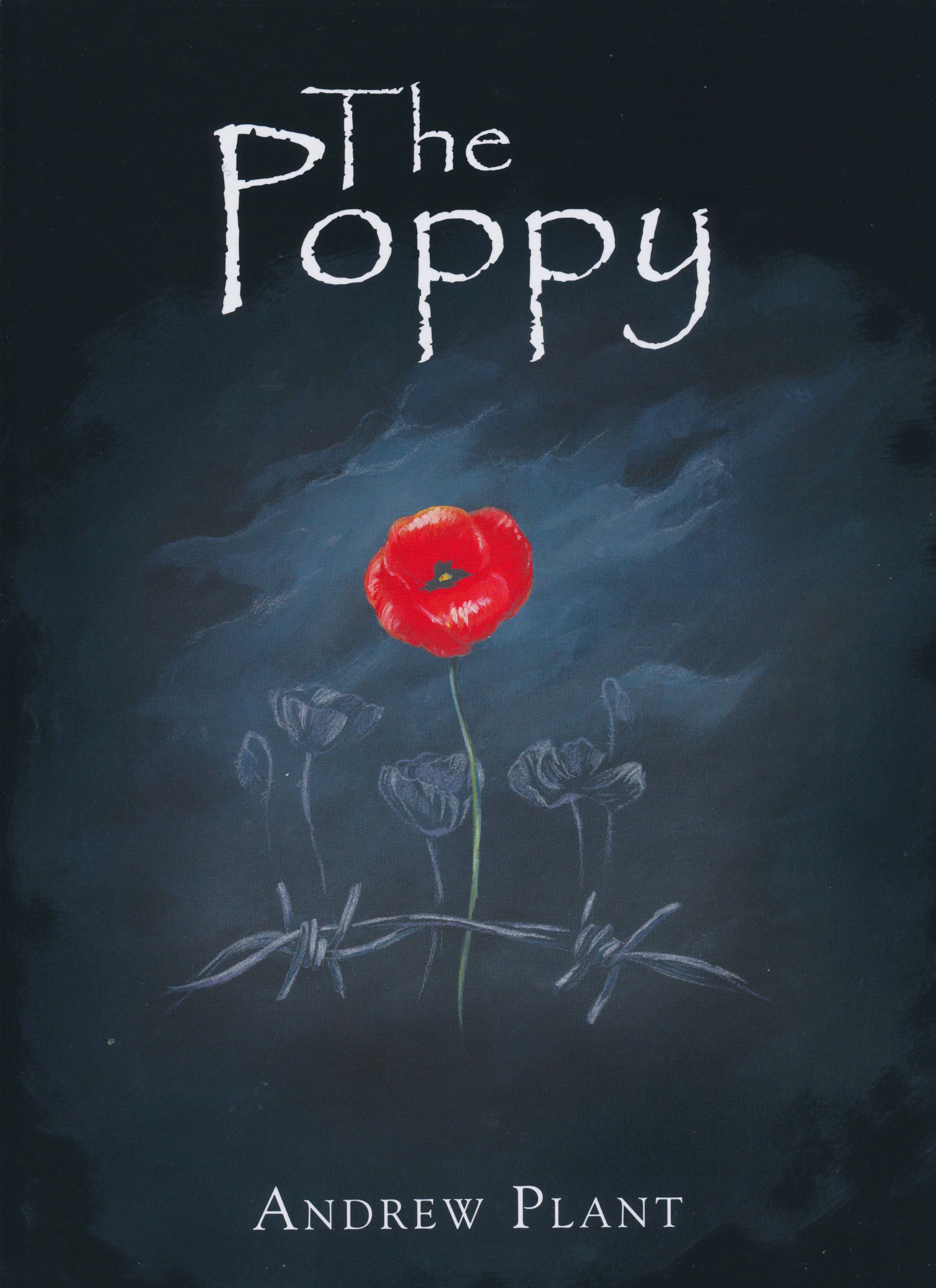 The poppy
by
The poppy
by
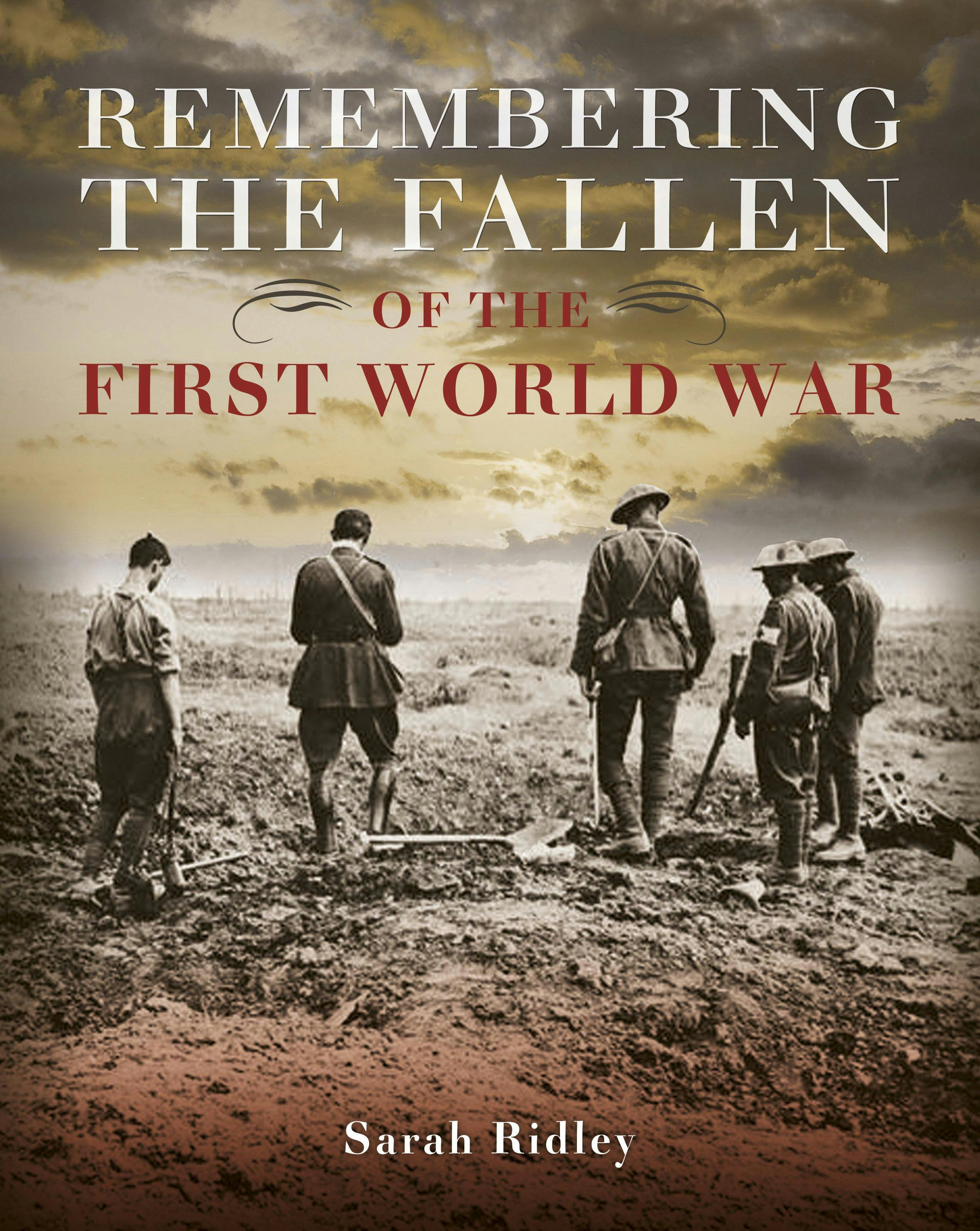 Remembering the fallen of the First World War
by
Remembering the fallen of the First World War
by
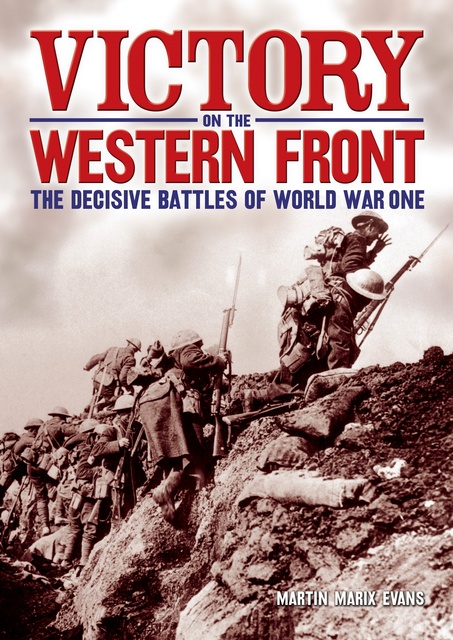 Victory on the western front : the decisive battles of World War One
by
Victory on the western front : the decisive battles of World War One
by
 Women at home and war 1900-1945
by
Women at home and war 1900-1945
by
 World at War 1914-1939
by
World at War 1914-1939
by
 World War 1
by
World War 1
by
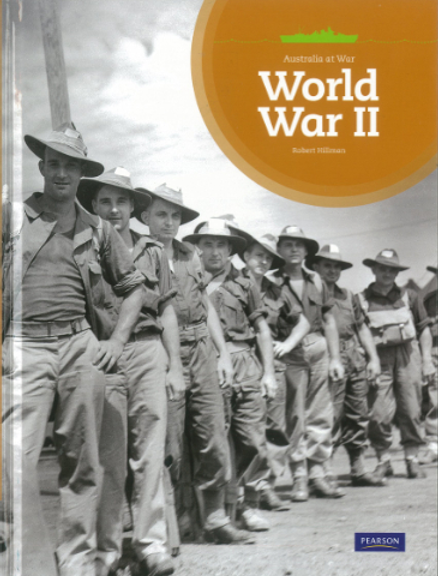 World War I
by
World War I
by
 World War I
by
World War I
by
 World War I : 1914-1918
by
World War I : 1914-1918
by
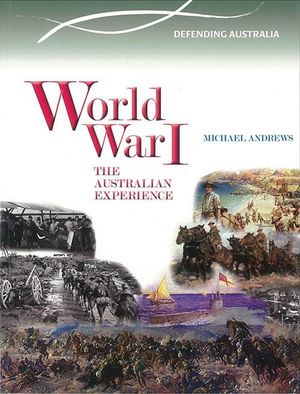 World War I : the Australian experience
by
World War I : the Australian experience
by
 The World War I album
by
The World War I album
by
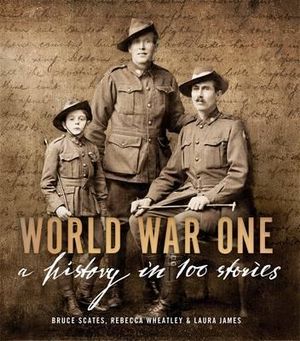 World War One a history in 100 stories
by
World War One a history in 100 stories
by
 Young Anzacs : the contribution of Victorian schools to the Gallipoli Campaign 1915
by
Young Anzacs : the contribution of Victorian schools to the Gallipoli Campaign 1915
by